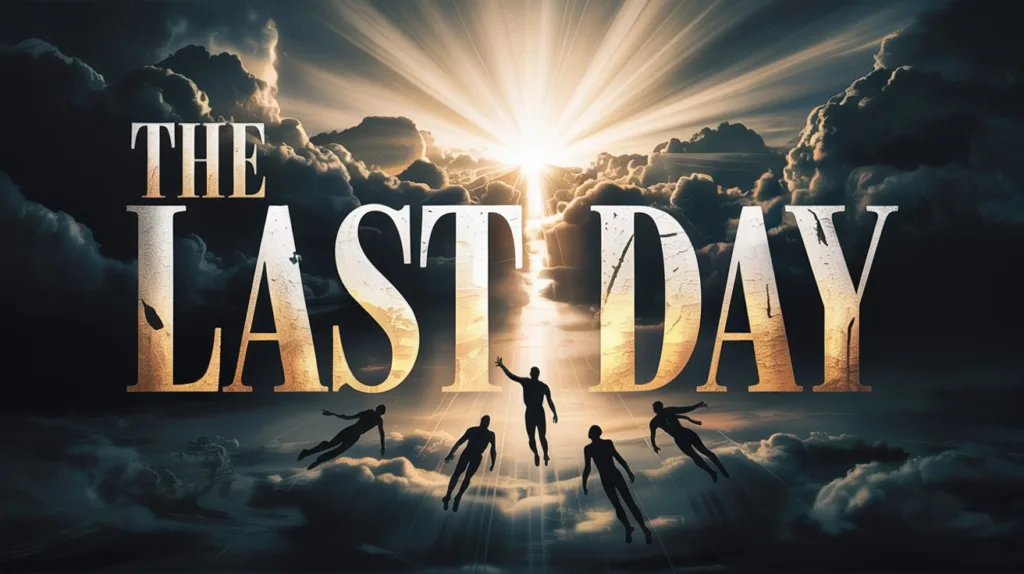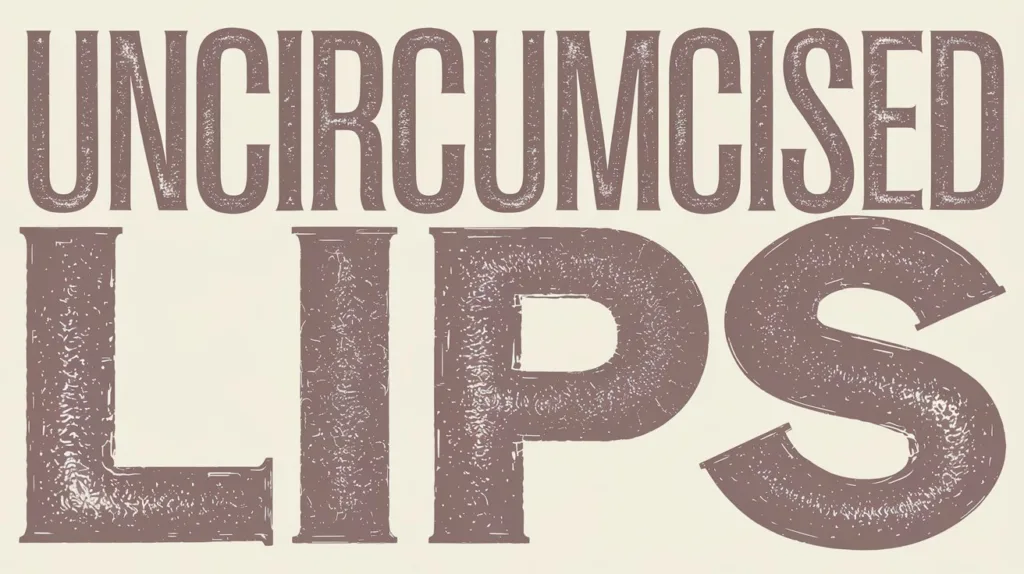Barabbas was released instead of Jesus because the crowd, stirred up by the chief priests and elders, chose a known criminal over the sinless Son of God. This decision was both a miscarriage of justice and a fulfillment of divine prophecy, illustrating substitution, Jesus taking the place of the guilty.
Barabbas was not an innocent man. The Gospels describe him as a robber, a murderer, and an insurrectionist. Mark 15:7 states:
“And there was one named Barabbas, who was chained with his fellow rebels; they had committed murder in the rebellion.”
Matthew 27:16 calls him “a notorious prisoner,” meaning he was well-known for violent acts. Yet during the Passover feast, it was customary for the Roman governor to release one prisoner to the people:
“Now at the feast the governor was accustomed to releasing to the multitude one prisoner whom they wished.”
(Matthew 27:15)
Pilate, recognizing that Jesus was innocent and that the religious leaders had delivered Him out of envy, presented the crowd with a clear choice:
“Whom do you want me to release to you? Barabbas, or Jesus who is called Christ?”
(Matthew 27:17)
Instead of choosing righteousness, the crowd (manipulated by corrupt leaders) chose Barabbas:
“But the chief priests and elders persuaded the multitudes that they should ask for Barabbas and destroy Jesus.”
(Matthew 27:20)
Pilate asked again, hoping for justice:
“The governor answered and said to them, ‘Which of the two do you want me to release to you?’ They said, ‘Barabbas!’”
(Matthew 27:21)
This exchange reflects the heart of the gospel. The guilty man walked free while the innocent One was condemned. Barabbas deserved punishment; Jesus took his place. This was not coincidence. It was a picture of substitutionary atonement.
Isaiah had prophesied this centuries before:
“He was wounded for our transgressions, He was bruised for our iniquities… and the Lord has laid on Him the iniquity of us all.”
(Isaiah 53:5–6)
Barabbas represents all sinners who are set free because Christ bore the penalty in their place. Though the crowd acted out of blindness and rebellion, God’s redemptive plan was being fulfilled.
The injustice of Barabbas being released underscores the truth that salvation is not about fairness, it is about grace. Jesus was condemned so that the guilty could go free.





 Get the book that teaches you how to evangelize and disarm doctrines from every single major cult group today.
Get the book that teaches you how to evangelize and disarm doctrines from every single major cult group today.